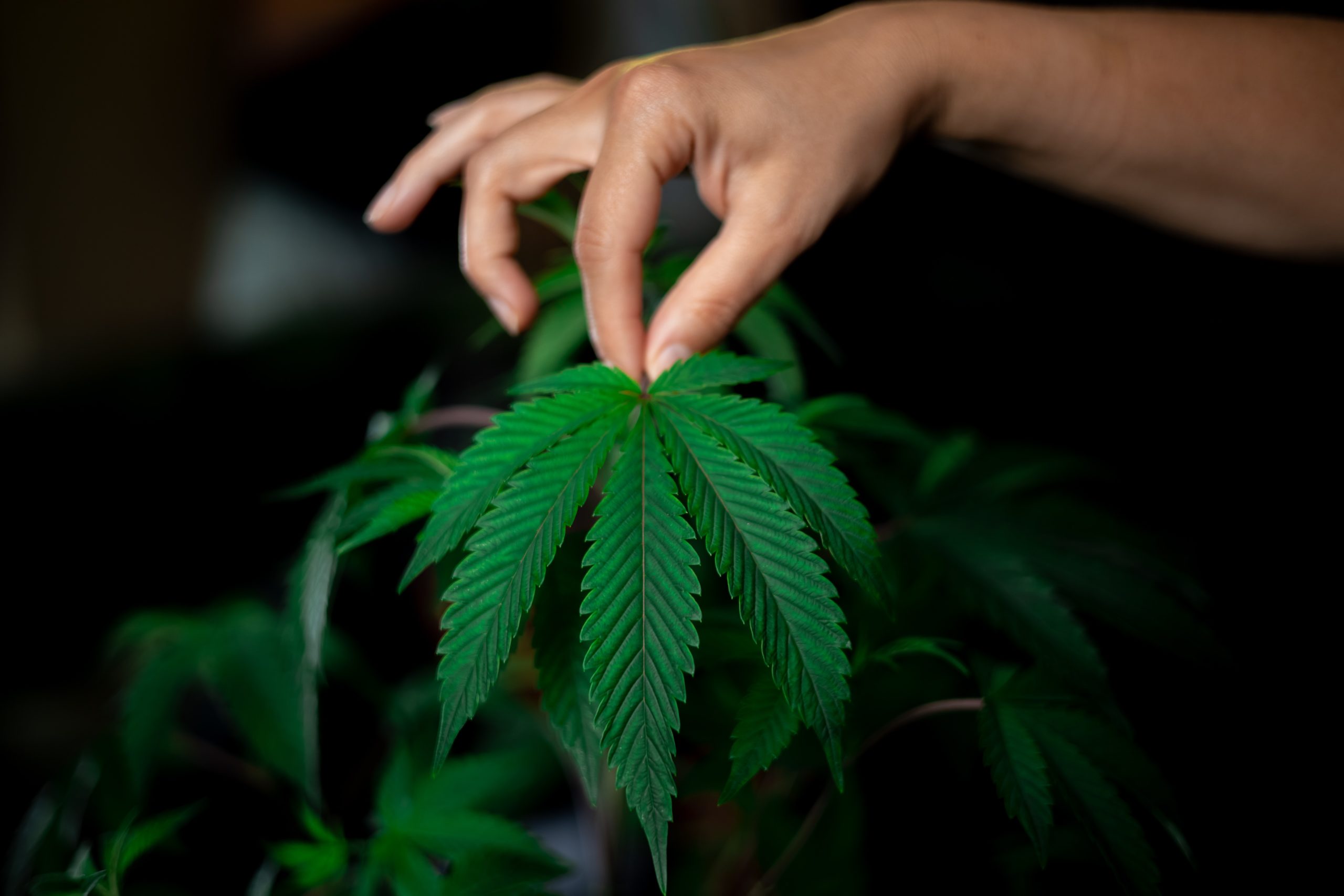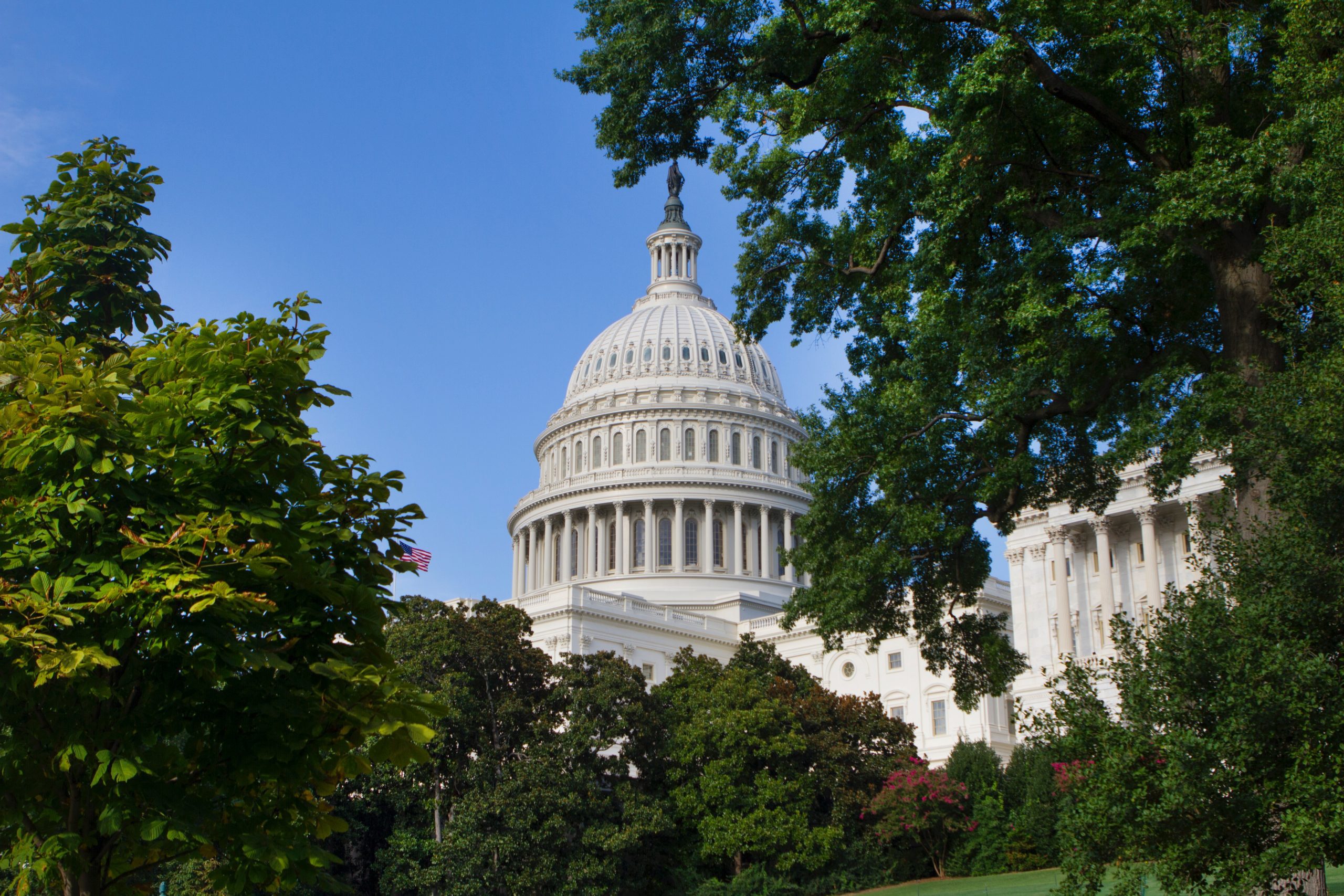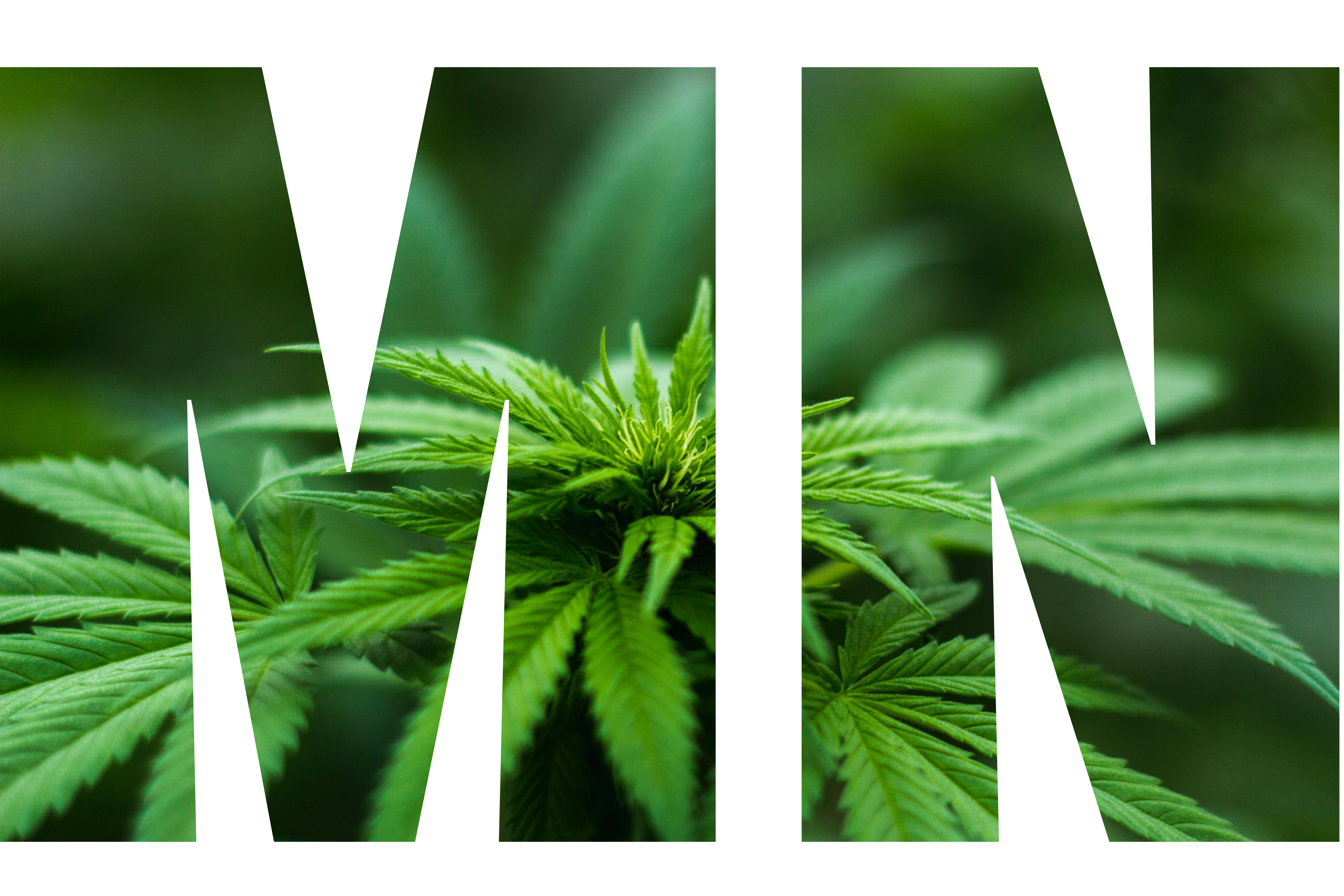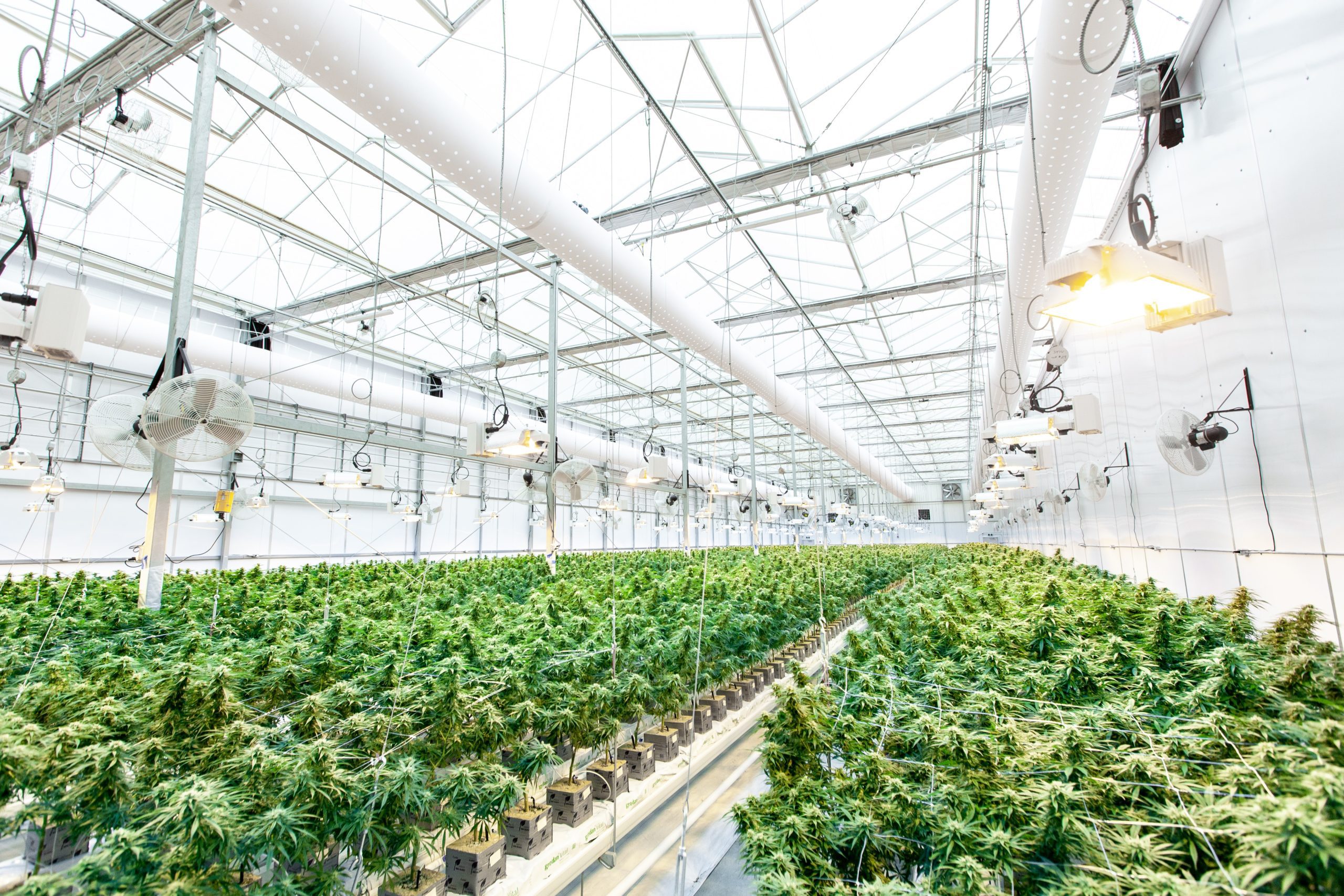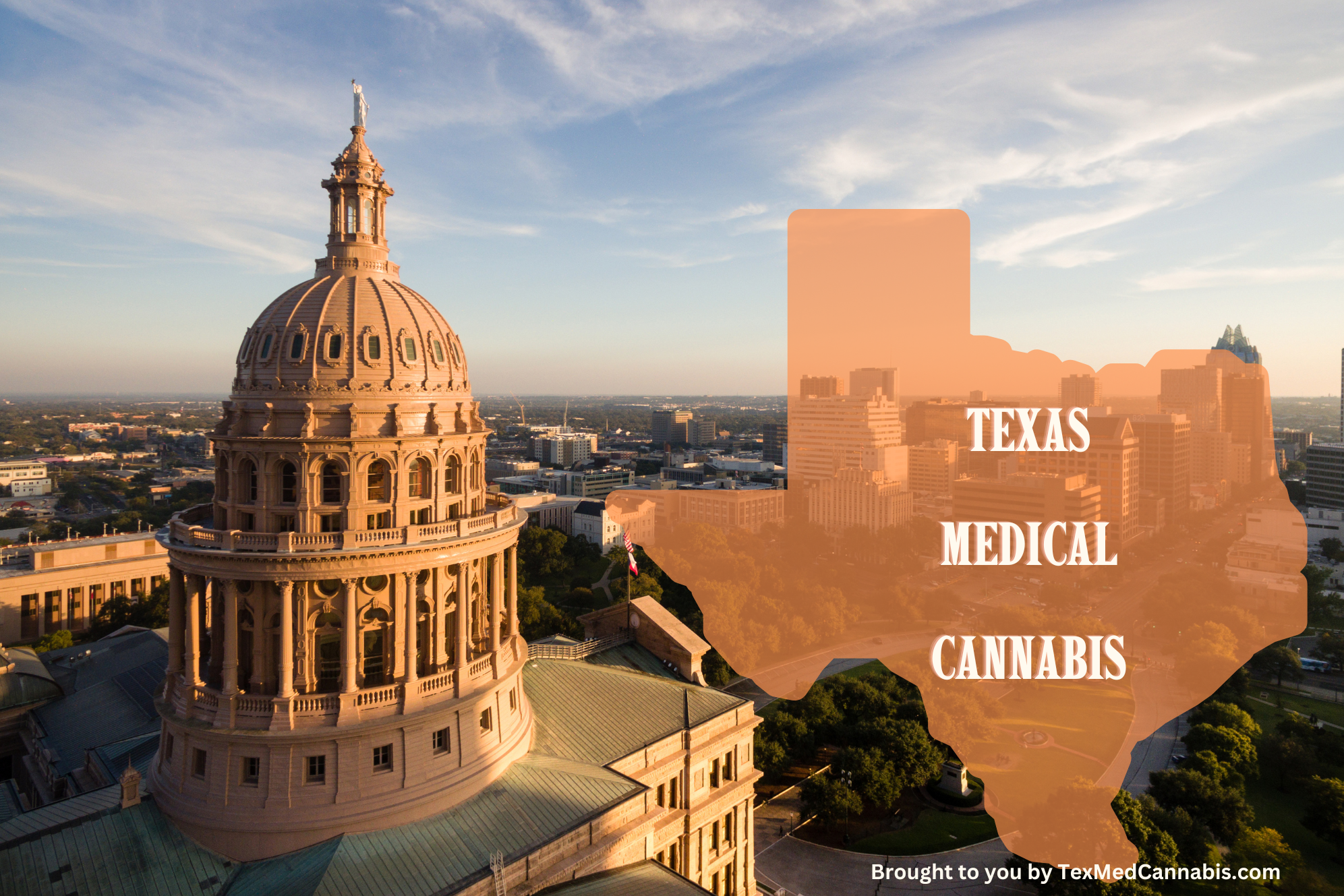
Georgia Approves Independent Pharmacies to Sell Cannabis Oil, Expanding Access to Medical Treatment
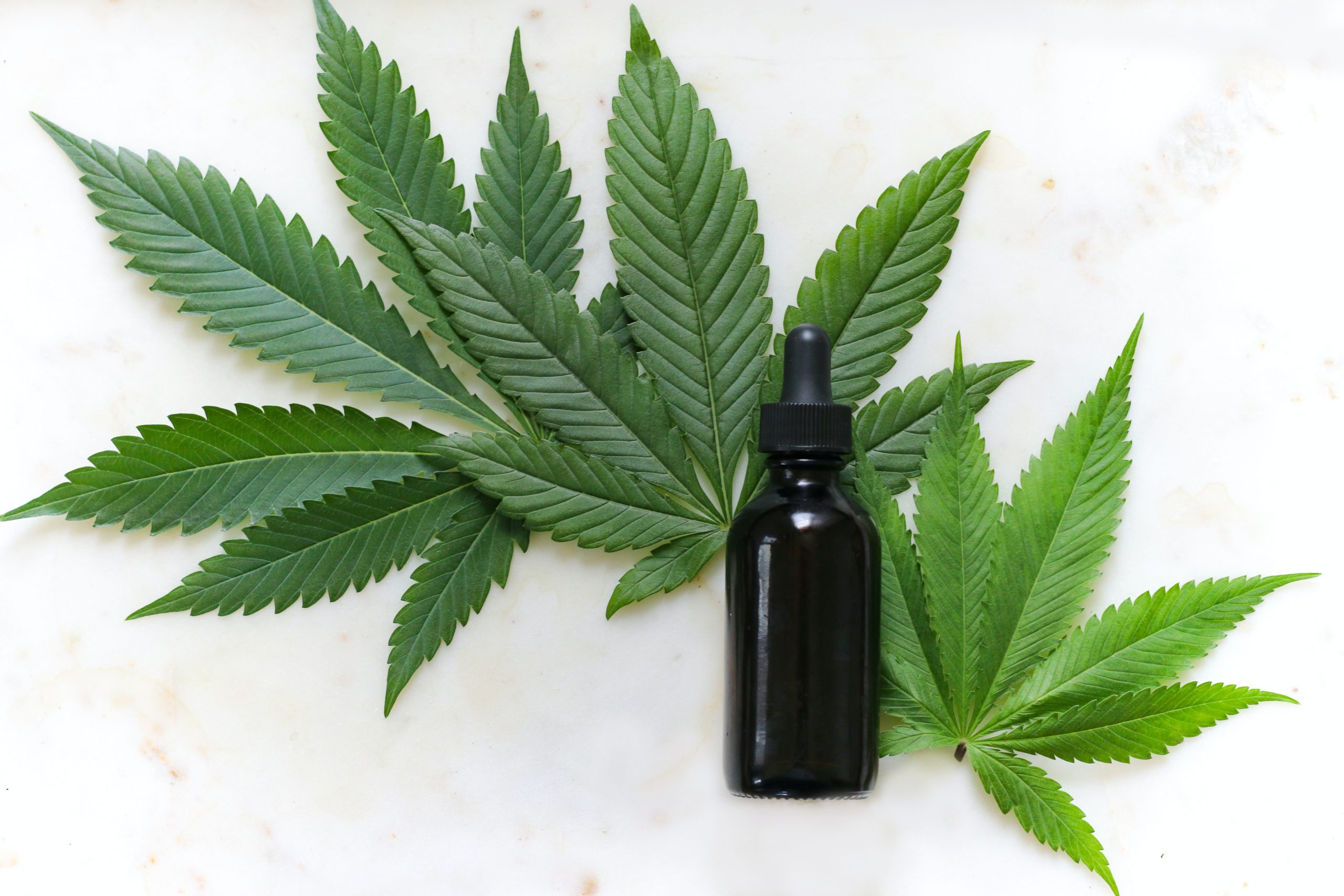
Georgia’s regulatory authorities have taken a significant step towards improving access to medical cannabis treatment for patients in the state. The state Board of Pharmacy has recently introduced a set of regulations that will allow independent pharmacies in Georgia to dispense cannabis oil to eligible patients enrolled in the state Department of Public Health’s registry, as reported by Northwest Georgia News.
Two companies, Trulieve Georgia and Botanical Sciences LLC, have already obtained manufacturing licenses and have commenced production of cannabis oil. They have also opened dispensaries in Marietta and Macon, with plans for additional locations in the future. Apart from these dispensaries, the 2019 legislation also authorizes independent pharmacies to sell cannabis oil to eligible patients.
Andrew Turnage, the executive director of the Georgia Access to Medical Cannabis Commission, expressed his optimism about the development, stating, “This gives an opportunity for virtually every community to have access.” He also highlighted the importance of the regulations that subject these pharmacies to inspection and regulation for the safe distribution of medical cannabis.
The legalization of medical cannabis treatment in Georgia began with the passage of the Haleigh’s Hope Act in 2015, which provided access to low-THC cannabis oil for eligible patients. Subsequently, in 2019, the state General Assembly introduced “Georgia’s Hope Act,” which empowered the Georgia Access to Medical Cannabis Commission to oversee the regulated licensing of limited, in-state cultivation, production, manufacturing, and sale of low-THC oil. The commission is responsible for dispensing the oil to registered patients listed on the state’s Low-THC Oil Registry, according to the official website of the Access to Medical Cannabis Commission.
Upon signing the bill into law, Governor Brian Kemp administratively attached the commission for budget, procurement, and human resources support to the Office of the Georgia Secretary of State, as outlined on the government website.
Patients suffering from various conditions are eligible for cannabis oil prescriptions in Georgia. These include end-stage cancer or cancer treatment-related wasting illness and nausea, severe or end-stage amyotrophic lateral sclerosis, seizure disorders related to epilepsy or trauma-related head injuries, severe or end-stage multiple sclerosis, Crohn’s disease, mitochondrial disease, severe or end-stage Parkinson’s disease, severe sickle cell disease, severe Tourette’s syndrome, severe autism spectrum disorder for patients 18 years or older or diagnosed with severe autism for patients under 18 years old, epidermolysis bullosa, severe or end-stage Alzheimer’s disease, severe or end-stage AIDS, severe or end-stage peripheral neuropathy, patients in hospice programs, intractable pain, and post-traumatic stress disorder resulting from direct exposure to or witnessing of a trauma for patients 18 years or older.
Despite the legalization, eligible patients in Georgia faced challenges in accessing cannabis oil until earlier this year when the first two medical cannabis dispensaries opened. Trulieve, a leading medical cannabis company, operates these dispensaries located in Macon and Marietta.
Trulieve CEO Kim Rivers expressed their commitment to improving lives through medical cannabis access, stating, “We believe that access to medical cannabis improves lives, and Trulieve is proud to be the first to provide that access to the state of Georgia.” They are dedicated to delivering high-quality products and an exceptional experience to patients in need.
In conclusion, Georgia’s decision to allow independent pharmacies to dispense cannabis oil to eligible patients enrolled in the state’s registry marks a significant milestone in improving access to medical cannabis treatment. With manufacturing licenses granted and dispensaries already in operation, patients now have more options for obtaining the medical relief they require. This step is a testament to the state’s commitment to the well-being of its citizens and the continuous progress of the medical cannabis program in Georgia.
EXPLORE MORE NEWS
Newsletter








